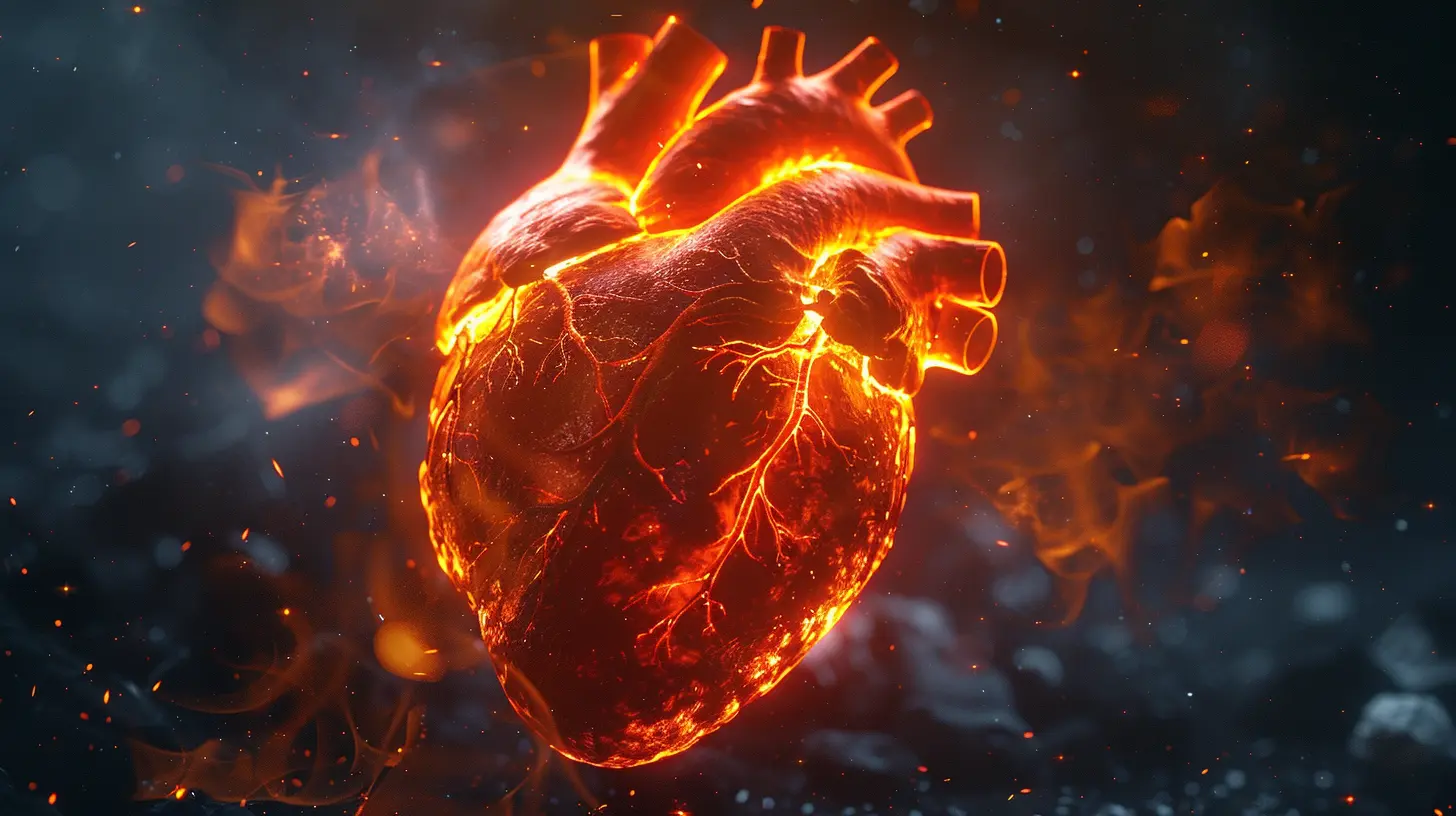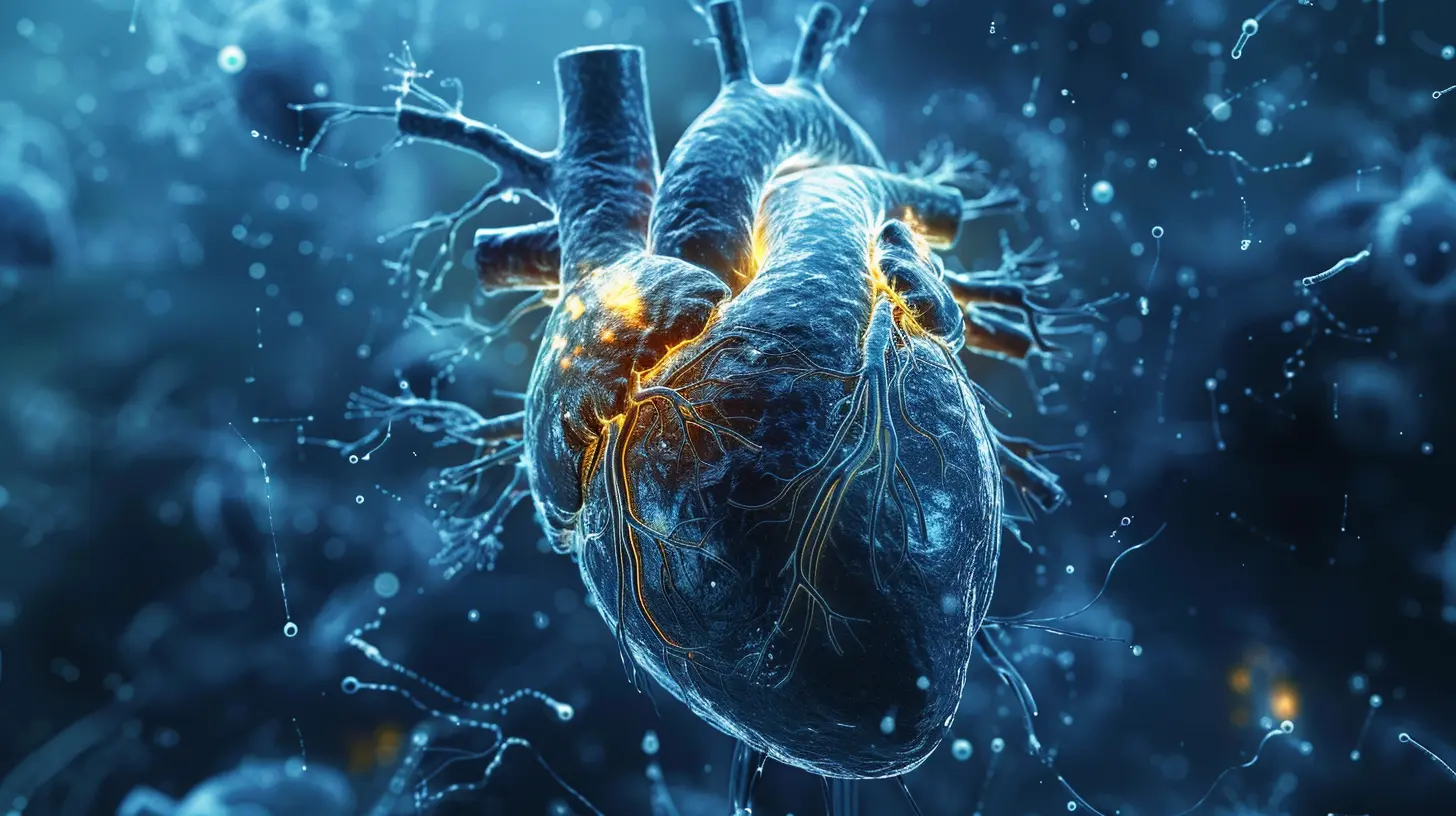Understanding Plaque and How It Affects Your Heart
19 October 2025
When we hear the word "plaque," most of us think about the yellowish buildup on our teeth that dentists warn us about. But did you know there's another type of plaque that can be far more dangerous? It’s the plaque that builds up in your arteries, silently increasing your risk of heart disease, heart attacks, and strokes.
This hidden threat is something we need to talk about because, unlike the plaque on your teeth, you can’t just brush it away. So, let’s break it down in simple terms—what plaque is, how it affects your heart, and most importantly, what you can do to stop it from becoming a life-threatening problem. 
What Exactly Is Plaque in Your Arteries?
Plaque is a sticky, fatty substance made up of cholesterol, calcium, and other substances found in your blood. Over time, it builds up along the walls of your arteries, causing them to narrow. This condition is called atherosclerosis.Think of your arteries as small pipes that carry blood to different parts of your body. When these pipes start to get clogged with plaque, it’s like a plumbing problem—you don’t notice it right away, but eventually, everything slows down, and if left unchecked, it can lead to a total blockage. And when that happens in the arteries leading to your heart, it can cause a heart attack. 
How Does Plaque Affect Your Heart?
You might not feel anything at first, which is what makes plaque so dangerous. It creeps up on you over time, gradually restricting blood flow and putting extra pressure on your heart. Here’s what happens when plaque builds up in your arteries:1. Reduced Blood Flow
As plaque accumulates, it makes the arteries stiff and narrow, reducing the amount of oxygen-rich blood that reaches your heart and other organs. This can lead to chest pain (angina), fatigue, and shortness of breath.2. Increased Risk of Blood Clots
A plaque-filled artery isn’t just narrow; it’s also unstable. If a piece of plaque breaks off, it can trigger a blood clot that completely blocks the artery. This is one of the most common causes of heart attacks.3. High Blood Pressure Strain
Your heart has to work harder to push blood through narrowed arteries, which increases your blood pressure. Over time, high blood pressure damages your arteries even more, speeding up plaque buildup.4. Heart Attack or Stroke
If a plaque-clogged artery completely blocks blood flow to the heart, it leads to a heart attack. If the blockage occurs in an artery leading to your brain, it causes a stroke. Both can be life-threatening.
What Causes Plaque to Build Up?
Plaque doesn’t just appear overnight—it develops over years due to lifestyle choices and underlying health conditions. Some of the biggest contributors include:- Unhealthy Diet – Eating too much saturated fat, trans fats, and processed foods leads to high cholesterol, which forms plaque.
- Lack of Exercise – A sedentary life slows blood circulation and makes it easier for plaque to accumulate.
- Smoking – Cigarettes damage artery walls, making it easier for plaque to stick.
- High Blood Pressure – Increased pressure weakens arteries, making them more vulnerable to plaque buildup.
- Diabetes – High blood sugar levels damage blood vessels, accelerating plaque formation.
- Genetics – If heart disease runs in your family, you may be at a higher risk of plaque buildup. 
Warning Signs You Should Never Ignore
While plaque buildup is often silent, your body may send warning signals when things get serious. Pay close attention to these signs:- Chest Pain or Tightness – A classic symptom of blocked arteries.
- Shortness of Breath – Your heart isn't getting enough oxygen.
- Pain in the Arms, Neck, or Jaw – Often a sign of restricted blood flow.
- Dizziness or Fatigue – Your brain and muscles aren’t receiving enough oxygen.
- Cold or Numb Extremities – A sign of poor circulation.
If you experience any of these symptoms, don’t brush them off. Get checked by a doctor immediately!
How to Prevent and Reduce Plaque Buildup
The good news? Plaque buildup isn’t entirely out of your hands. With the right lifestyle changes, you can slow it down, prevent it, and even reverse some of the damage. Here’s how:1. Adopt a Heart-Healthy Diet
The food you eat plays a HUGE role in your artery health. Focus on:- Fruits & Vegetables – Packed with fiber and antioxidants that fight plaque.
- Healthy Fats – Swap out trans fats for healthy fats like those found in olive oil, avocados, and nuts.
- Whole Grains – Help lower cholesterol levels.
- Lean Proteins – Opt for fish, chicken, and plant-based proteins instead of red meat.
2. Move Your Body
Exercise keeps your heart strong and your arteries clear. Aim for at least 30 minutes of moderate exercise (like brisk walking or cycling) five days a week.3. Quit Smoking
Easier said than done, but quitting smoking is one of the BEST things you can do for your arteries. Within a year of quitting, your heart disease risk drops significantly!4. Keep Stress in Check
Chronic stress raises blood pressure and increases inflammation, both of which speed up plaque formation. Try meditation, deep breathing, or simply taking time to relax.5. Manage Blood Sugar and Blood Pressure
If you have diabetes or high blood pressure, work with your doctor to keep your levels under control. Small lifestyle adjustments can make a big difference.6. Consider Medications if Needed
For some people, lifestyle changes alone aren’t enough. Doctors may prescribe cholesterol-lowering medications (like statins) or blood pressure medicine to help manage plaque buildup.Final Thoughts
Plaque is a silent, sneaky enemy that can wreak havoc on your heart if you’re not paying attention. But the good news? You have the power to fight back. By making small but meaningful lifestyle changes—eating healthier, exercising regularly, and quitting smoking—you can keep your arteries clear and your heart strong.Don’t wait for warning signs. Start taking care of your heart today because every healthy choice you make now adds up to a longer, happier life.
Stay heart-smart, and take care of yourself—you deserve it!
all images in this post were generated using AI tools
Category:
Healthy HeartAuthor:

Tiffany Foster
Discussion
rate this article
1 comments
Viviana Patterson
Awareness is key to prevention.
October 25, 2025 at 2:48 AM

Tiffany Foster
Absolutely! Being aware of plaque's impact on heart health is essential for prevention and maintaining overall well-being.


